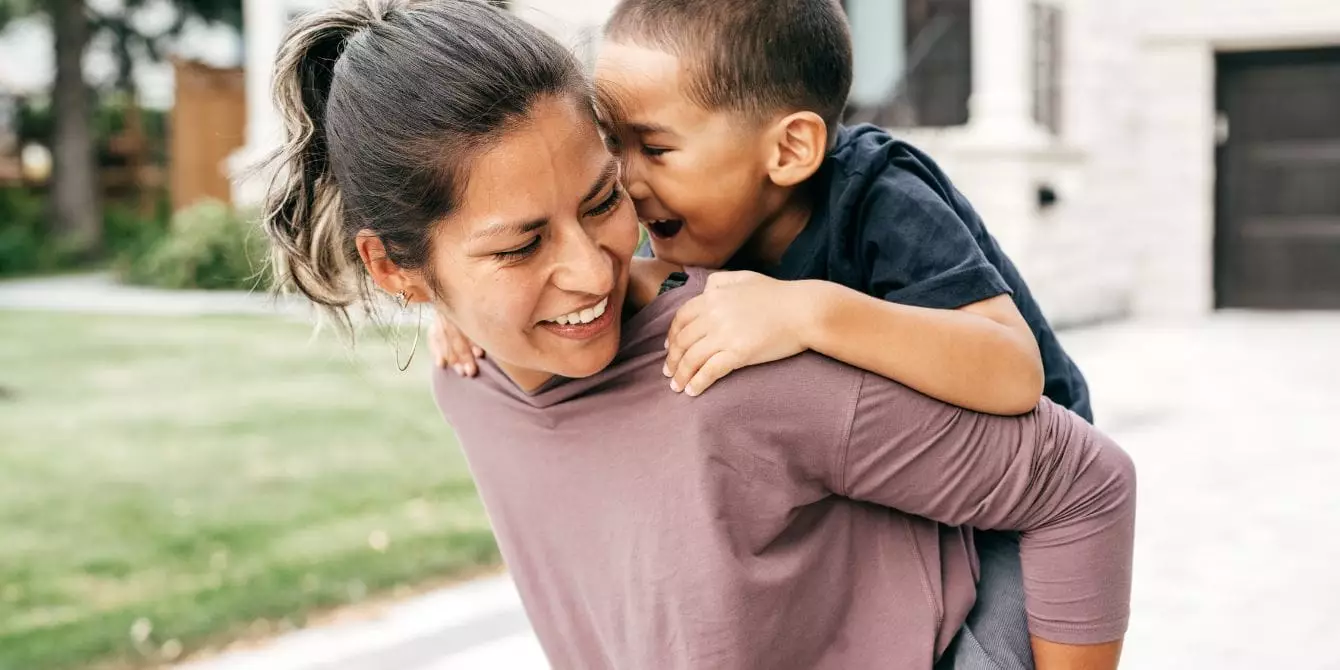Emotional courage is a fundamental, yet often overlooked, attribute that empowers individuals to fully articulate and experience their emotions, even in the face of discomfort or adversity. At its core, emotional courage entails an honest acknowledgment of both positive and negative feelings, supporting the notion that every emotion is a vital component of personal development and self-awareness. Acknowledging the importance of emotions can facilitate healthier relationships and foster an environment conducive to growth, allowing us to embrace all facets of the human experience.
This principle has gained heightened attention in recent years, largely due to the influential work of Brené Brown. Through her research, Brown has prompted a cultural shift in the perception of vulnerability, repositioning it as an emblem of strength rather than a sign of weakness. In her seminal work, “Braving the Wilderness,” she articulately narrates the crux of vulnerability, informing us that it signifies risk, emotional exposure, and uncertainty—all elements intrinsic to emotional courage. Developing emotional courage involves confronting existing societal beliefs that equate strength with emotional suppression, an outdated narrative that can stifle emotional growth.
Reshaping the Narrative Around Vulnerability
The traditional mindset surrounding emotional expression often promotes the idea that individuals, particularly children, should display strength by repressing their feelings. Phrases like “boys don’t cry” or “put on a brave face” perpetuate this damaging perspective. Unfortunately, when children internalize such beliefs, they may perceive expressing emotions as a vulnerability that diminishes their leadership potential. This outdated narrative often hampers personal growth, steering young minds away from the emotional courage needed to navigate life’s complexities.
It is essential to instill in children the understanding that emotional courage is not marked by a façade of toughness or stoicism. Instead, it encourages a harmonious integration of vulnerability and strength, allowing for a more profound connection with oneself and others. The pivotal message here is that vulnerability does not weaken us; it opens us up to richer relationships and enhances our emotional intelligence.
Empowering children to embrace their feelings begins with equipping them with the language and framework to articulate their emotions effectively. By establishing a nurturing environment where discussing feelings is normalized, children can learn that it’s okay to experience a spectrum of emotions, from joy to sadness to anger. This type of emotional openness fosters resilience and nurtures the capacity for emotional regulation.
To cultivate emotional courage in children, we must begin by modeling the behavior ourselves as adults. Children are observant; they often mirror their parents’ emotional responses and attitudes towards feelings. By demonstrating a healthy relationship with our own emotions—acknowledging and processing them openly—we set a powerful example of emotional citizenship for the younger generation.
Some specific strategies for enhancing emotional courage in familial settings include:
1. Encouraging Emotional Exploration: Regardless of their age, urge children to ask questions and explore their feelings. Promote open dialogues and create a “feelings-friendly” atmosphere where emotions can be examined and accepted.
2. Practicing Vulnerability: Show that vulnerability is an avenue for connection. Sharing your own experiences of doubt or disappointment can emphasize that it’s okay to be imperfect and that every feeling is valid.
3. Highlighting the Strength of Sensitivity: Teach children that being sensitive or empathetic towards others signifies strength. Discuss ways to channel their feelings into constructive actions, such as helping a friend in distress.
4. Accepting the Uncomfortable: Highlight the importance of facing uncomfortable emotions instead of evading them. Teach strategies for managing distressing feelings, such as mindfulness and relaxation techniques, so they can learn to navigate life’s emotional landscape confidently.
Building emotional courage is not a one-time effort, but rather a lifelong endeavor. It requires constant reflection, practice, and growth as one learns to hold space for their own feelings while also remaining open to the emotions of others. This journey can be challenging, laden with nuances and complexities, but it is essential for developing emotionally intelligent individuals capable of creating meaningful connections and contributing positively to society.
Fostering emotional courage in our children is imperative in an increasingly complex world. By reshaping the narrative around vulnerability and empowering children to embrace their feelings, we cultivate resilient individuals who possess the emotional tools to navigate life’s challenges gracefully. As we embark on this journey, we must remember that emotional courage is not merely a skill to be developed; it is a powerful foundation for authentic living and leadership in future generations.

